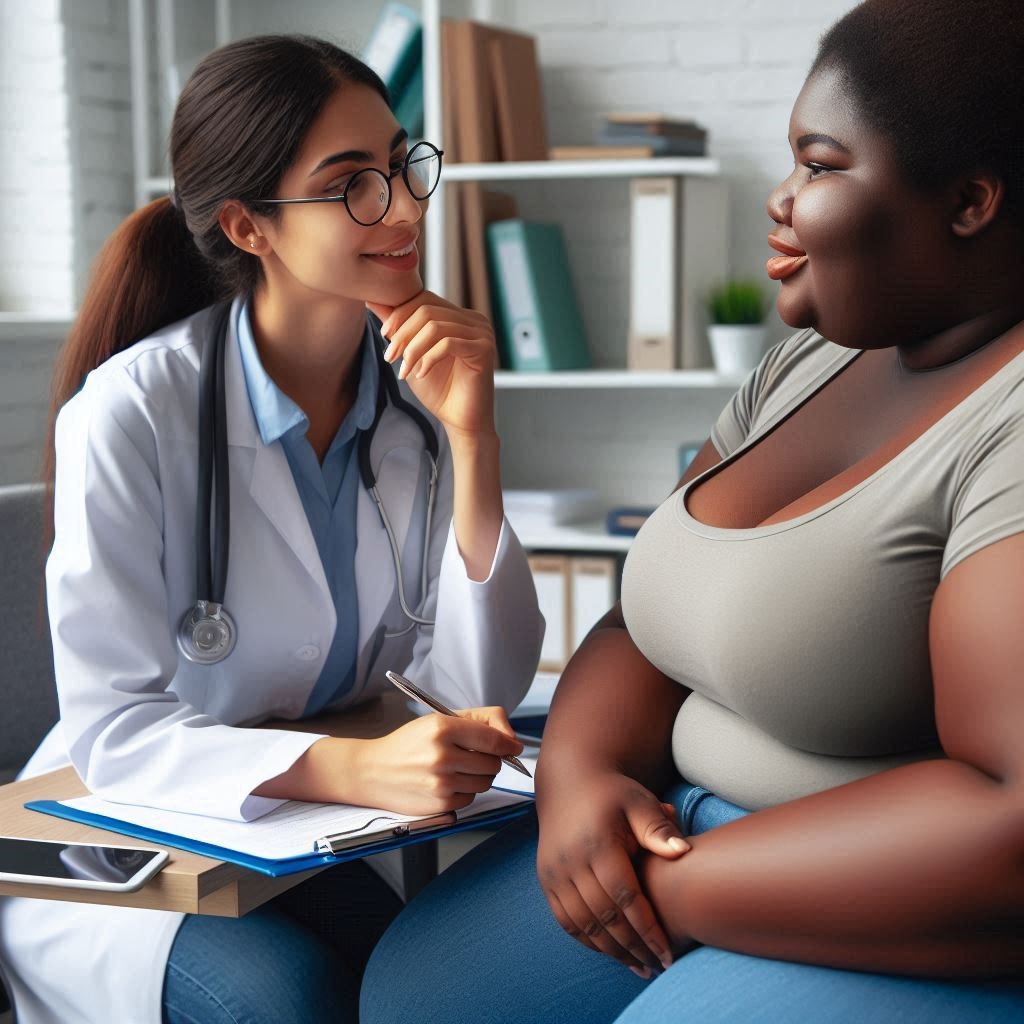The Diagnostic Process For Lipedema
Finding a health professional familiar with Lipedema can be tough, but the evaluation should be very straightforward. Lipedema is typically very “textbook” meaning people who have Lipedema have very similar symptoms and appearance.
When you go to a medical clinic, here is what will be typically included to determine if someone has Lipedema:
To diagnose someone with Lipedema, it should start with talking to the person about their symptoms and family history. Lipedema is thought to have a large genetic component on either the mom or father’s side. Talking about the body shape of mothers, grandmothers, aunts, cousins, etc. and if they may have or had fuller legs and arms is a great first start with determining if a person has Lipedema.
The next question is when did the person start feeling there was something different about their legs. Was it during puberty? During/after pregnancy? Menopause? Most people with Lipedema start to notice something is different during puberty, but it can also be around the time of any hormonal change.
Symptoms from Lipedema are usually very similar between people. It is important to note a person does not have to have ALL of the symptoms to have Lipedema. Common symptoms a person with Lipedema will report are rocks/bumps under the skin, achy legs, swelling, bruises easily, legs fatigue easily, and tenderness with light touch.
After completing the interview part of the evaluation, it is important that the medical provider feels and looks at the person’s legs, arms, and even torso. This will allow the professional to feel and see what the person’s tissue feels and looks like.
After the interview and assessment the medical professional should be able to determine if a person has Lipedema. After the diagnosis is confirmed the health professional will assist you or refer you to another provider so that an individualized treatment plan can be put together.
Get Professional Help
If you’re looking for “lipedema therapy near me”, please consider scheduling a consultation at one of our locations in Kansas City-Overland Park, Kansas, or Lee’s Summit, Missouri. Click here to book your appointment.

